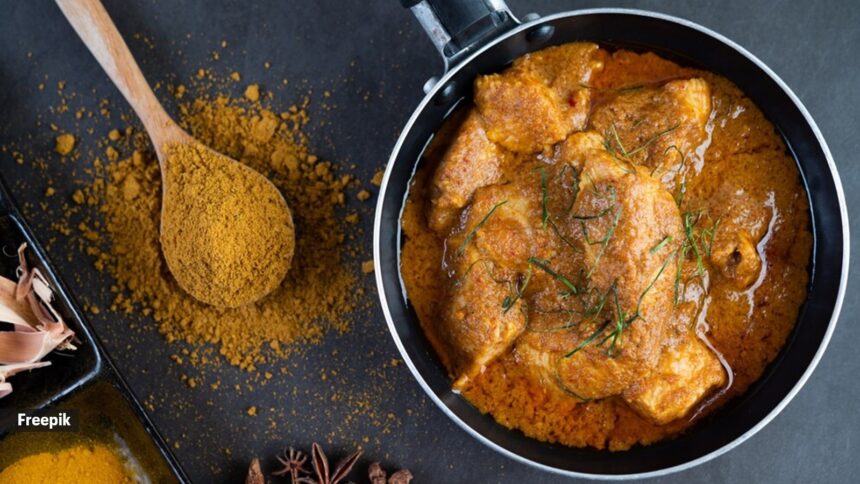For many, the names chicken masala and meat masala immediately raise red flags — especially among vegetarians who assume these spice blends contain non-vegetarian ingredients. But how accurate is that assumption? As it turns out, the idea that these masalas are derived from animal products is largely a myth, and the truth might surprise many cautious shoppers.
Alok Singh, food science expert and founder at Diga Organics, clears the air by stating that chicken and meat masala are entirely plant-based. “Spice blends such as are typically made with entirely vegetarian ingredients like ground spices, herbs, and sometimes dried onion or garlic powders,” he explains. “The name refers to the dish the blend is traditionally used in, not the contents of the spice mix itself. However, the terminology often causes confusion among consumers in India, where food choices are deeply tied to religious and cultural beliefs.”
He reflects on this impact on consumer perception in India, stating, “Many vegetarians assume these spice mixes are non-vegetarian purely based on their name, and that misconception can deter them from using perfectly vegetarian products. This reveals a significant gap in labeling awareness, emphasizing the need for clearer branding and broader food education.”
Singh says, “Yes, it is quite common in India. Most mass-market spice mixes, whether labelled chicken masala, mutton masala, or even fish curry masala, are formulated using . The product names are meant to suggest the best culinary pairing, not the content.”
That said, he adds that brands could definitely do more to reduce confusion. “While some packaging already carries the green vegetarian symbol, it often goes unnoticed. Clearer labelling, such as explicitly stating ‘100% vegetarian ingredients’ on the front of the pack, would go a long way in reassuring vegetarian consumers. Transparency builds trust, especially in a market as sensitive and diverse as India,” he notes.
According to Singh, these spice blends can “add depth and complexity to a wide variety of vegetarian dishes.” For instance, he mentions that chicken masala often has warm, earthy spices that pair beautifully with hearty vegetables like mushrooms, , or even paneer. “Meat masala can elevate lentils, soya chunks, or mixed vegetable gravies, lending them a rich, robust flavor without needing any meat,” he states.
Home cooks are increasingly experimenting with these blends in recipes like baingan masala, rajma, or fusion dishes like stuffed bell peppers or spiced vegetable rice. “With a little creativity, these masalas can easily become pantry staples for vegetarian and non-vegetarian households,” informs the expert.








